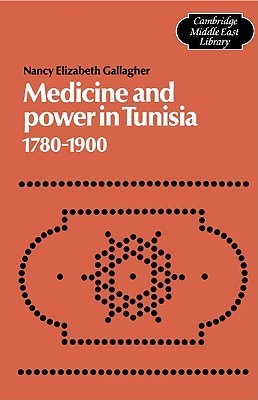
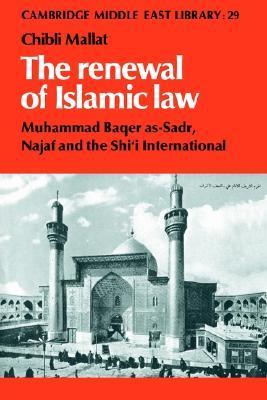
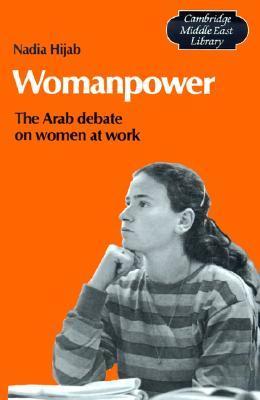
Books in series

Medicine and Power in Tunisia, 1780-1900
1983

The Renewal of Islamic Law
Muhammad Baqer as-Sadr, Najaf and the Shi'i International
1993

Womanpower
The Arab Debate on Women at Work
1988
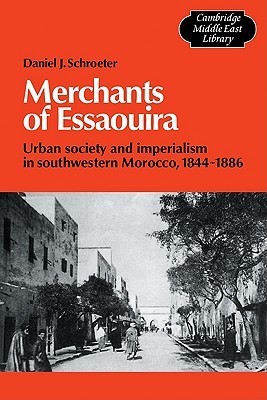
Merchants of Essaouira
Urban Society and Imperialism in Southwestern Morocco, 1844–1886
1988
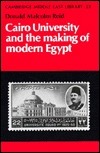
Cairo University and the Making of Modern Egypt
1990
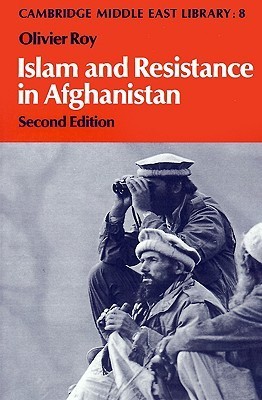
Islam and Resistance in Afghanistan
1986
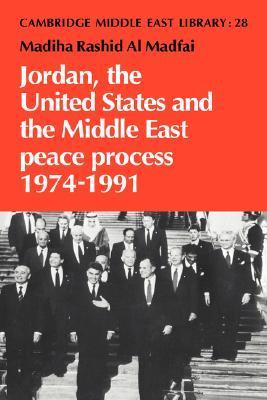
Jordan, the United States and the Middle East Peace Process, 1974–1991
1993
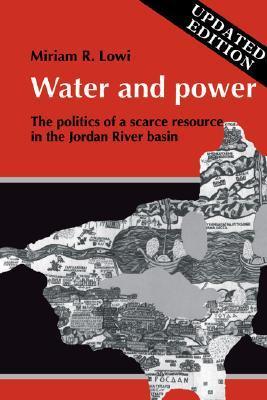
Water and Power
The Politics of a Scarce Resource in the Jordan River Basin
1993
Authors

A professor at the European University Institute in Florence (Italy); he was previously a research director at the French National Center for Scientific Research (CNRS) and a lecturer for both the School for Advanced Studies in the Social Sciences (EHESS) and the Institut d'Études Politiques de Paris (IEP). From 1984 to 2008, he has acted as a consultant to the French Foreign Ministry. In 1988, Roy served as a United Nations Office for Coordinating Relief in Afghanistan (UNOCA) consultant. Beginning in August 1993, Roy served as special OSCE representative to Tajikistan until February 1994, at which time he was selected as head of the OSCE mission to Tajikistan, a position he held until October 1994. Roy received an "Agrégation" in Philosophy and a Master's in Persian language and civilization in 1972 from the French Institut National des Langues et Civilisations Orientales. In 1996, he received his PhD in Political Science from the IEP. Roy is the author of numerous books on subjects including Iran, Islam, Asian politics. These works include Globalized Islam: The search for a new ummah, Today's Turkey: A European State? and The Illusions of September 11. He also serves on the editorial board of the academic journal Central Asian Survey. His best-known book, L'Echec de l'Islam politique; The Failure of Political Islam. It is a standard text for students of political Islam. Roy wrote widely on the subject of the 2005 civil unrest in France saying they should not be seen as religiously inspired as some commentators said. His most recent work is Secularism Confronts Islam (Columbia, 2007). The book offers a perspective on the place of Islam in secular society and looks at the diverse experiences of Muslim immigrants in the West. Roy examines how Muslim intellectuals have made it possible for Muslims to live in a secularized world while maintaining the identity of a "true believer."